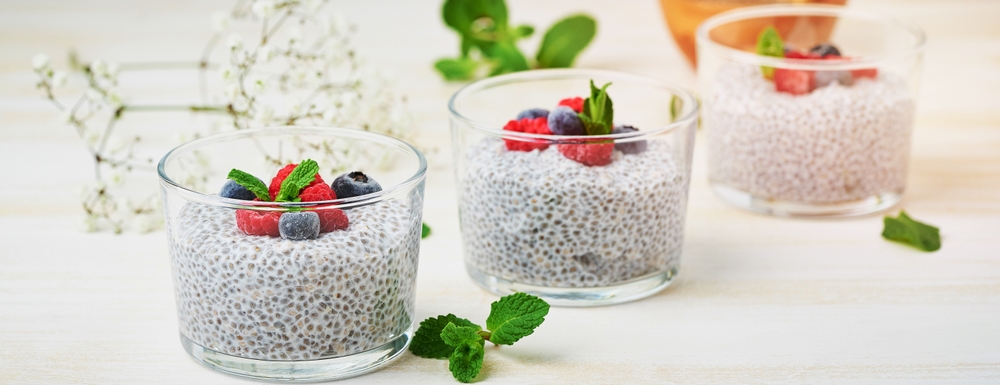Functional Food:

Here are some examples of functional foods and their associated health benefits:
Probiotics and Fermented Foods
Examples: Yogurt, kefir, sauerkraut, kimchi.
Health Benefits: Probiotics are beneficial bacteria that promote gut health and may improve digestion. They can also contribute to a balanced microbiome.
Fruits and Vegetables
Examples: Berries, leafy greens, broccoli, garlic.
Health Benefits: Rich in vitamins, minerals, antioxidants, and fiber, fruits and vegetables support overall health and may reduce the risk of chronic diseases.
Omega-3 Fatty Acid-Rich Foods
Examples: Fatty fish (salmon, mackerel), flaxseeds, chia seeds, walnuts.
Health Benefits: Omega-3 fatty acids contribute to heart health, support brain function, and have anti-inflammatory properties.
Functional Beverages
Examples: Green tea, herbal teas, fortified drinks.
Health Benefits: Certain teas, like green tea, contain antioxidants. Fortified beverages may contain added vitamins, minerals, or other bioactive compounds.
Whole Grains
Examples: Quinoa, oats, brown rice.
Health Benefits: Whole grains provide fiber, vitamins, and minerals. They may contribute to heart health and help regulate blood sugar.
Nuts and Seeds
Examples: Almonds, flaxseeds, chia seeds.
Health Benefits: Nuts and seeds are rich in healthy fats, protein, and various nutrients. They may support heart health and provide sustained energy.
Functional Dairy Products
Examples: Fortified milk, omega-3 enriched eggs.
Health Benefits: Fortified dairy products can provide additional nutrients such as vitamin D and omega-3 fatty acids.
Spices and Herbs
Examples: Turmeric, ginger, garlic.
Health Benefits: Many herbs and spices have anti-inflammatory and antioxidant properties.
Fermented Food as Functional Food

Probiotics

Functional food beverages
Functional foods high in dietary fibre


Functional foods as super foods
Super food is used to describe foods that are nutrient-dense and believed to provide health benefits due to their high content of vitamins, minerals, antioxidants, and other beneficial compounds. Keep in mind that the concept of superfoods doesn’t imply that these foods alone can guarantee optimal health; rather, it emphasizes the nutritional richness of certain foods.
Here are some examples of foods commonly referred to as superfoods: Berries, Leafy Greens, Nuts seeds, almonds, walnuts. Fatty fish are rich in omega-3 fatty acids, Quinoa is a whole grain that is high in protein, fibre, and various vitamins and minerals. Turmeric contains curcumin, green tea is rich in antioxidants, Chia seeds are high in fibre, omega-3 fatty acids, Broccoli is a cruciferous vegetable rich in vitamins, minerals, and antioxidants.

